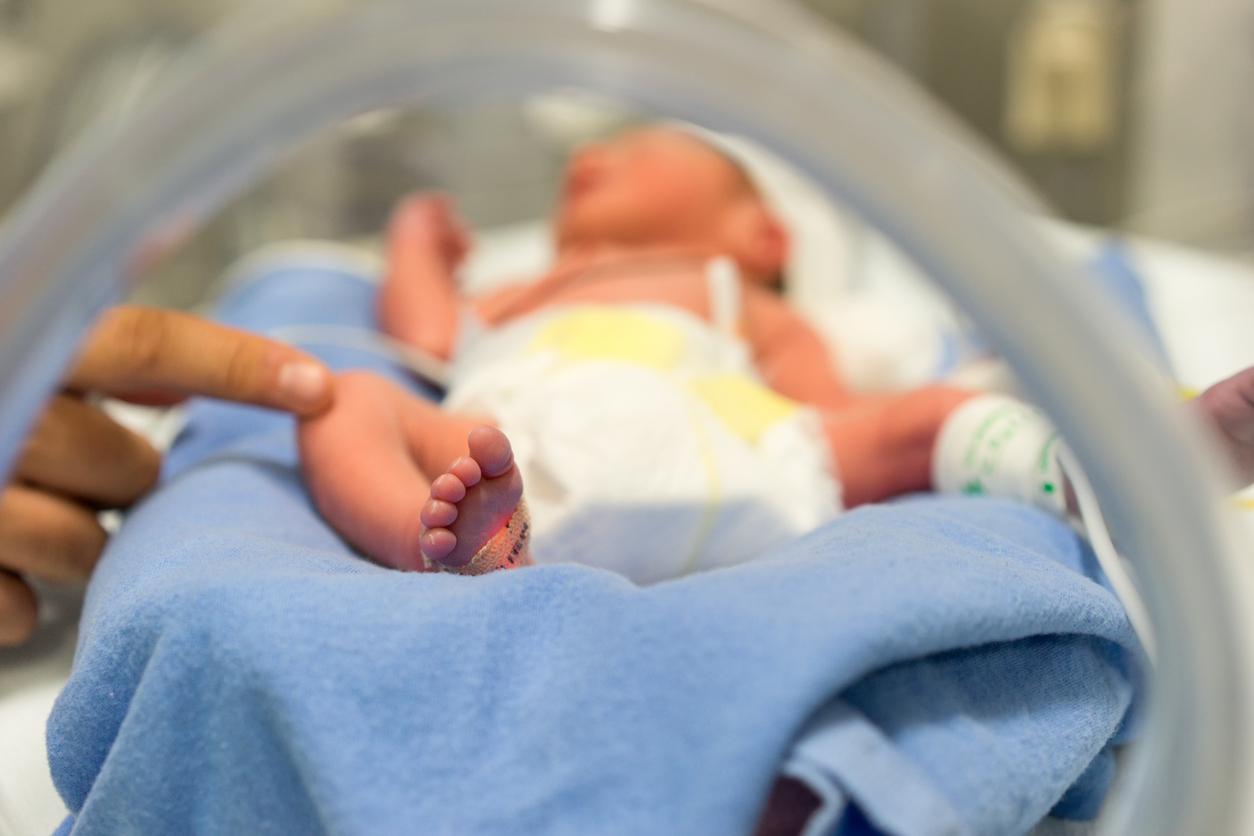Feeding premature babies breastmilk could save them from life-threatening bowel disease. A growth factor would protect against necrosis.

Breast milk would prevent serious bowel disease. At least this is the case in mice, according to a study published in Mucosal Immunology. This “treatment” has reduced the incidence and symptoms of necrotizing enterocolitis in premature animals, the researchers say.
A failing protein
In Europe, necrotizing enterocolitis affects 3 to 5% of premature newborns. This disease caused by various bacteria is characterized by destruction of intestinal tissue. Researchers at Johns-Hopkins University (Baltimore, Maryland, United States) have managed to explain the cause: the failure of a protein (TLR4), supposed to regulate the immune response to bacteria. But in premature babies, it also regulates cell differentiation and intestinal growth. Confronted with bacteria, it simply interrupts the supply of oxygen, causing necrosis of the tissues of the intestines.
An effective growth factor
Once the cause was found, the researchers tried to define a way to counter necrotizing enterocolitis. And breast milk just might be the key. Indeed, it is rich in epidermal growth factor (EGF), which blocks the action of the TLR4 protein. Scientists have exposed immature intestinal cells to bacteria that trigger necrotizing enterocolitis. When cells were previously treated with breast milk, the TLR4 protein was less expressed.
These results were reproduced in premature mice, half of which received breast milk and half of which received salt water. Milk-treated specimens had lower levels of TLR4 and inflammation-promoting molecules in their gut.
Breast milk for protection
Breast milk also helps reduce the severity of symptoms of necrotizing enterocolitis in mice. “Our results, when put together, show that EGF is a key factor in breast milk that prevents the onset of necrotizing enterocolitis in two ways: EGF prevents intestinal cells from dying while restoring cell growth. that promotes healing of the intestines, concludes Dr. Misty Good, co-author of the study. It is important to note that our experiences highlight the value of providing breast milk to premature infants to prevent this deadly disease. The discovery of a component of breast milk that protects against necrotizing enterocolitis could pave the way for new therapies for the half a million at-risk premature babies born in the United States each year. “
.















